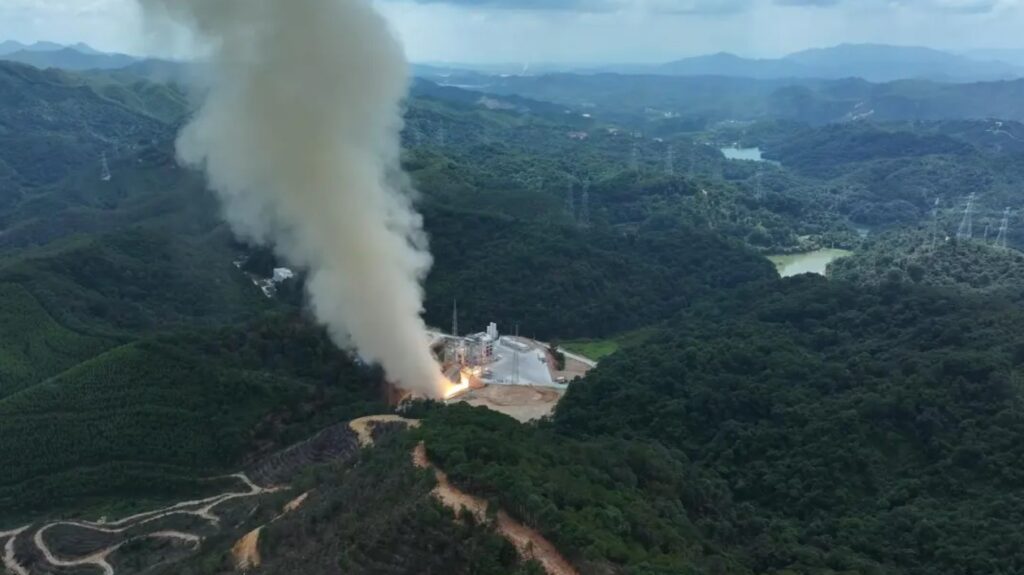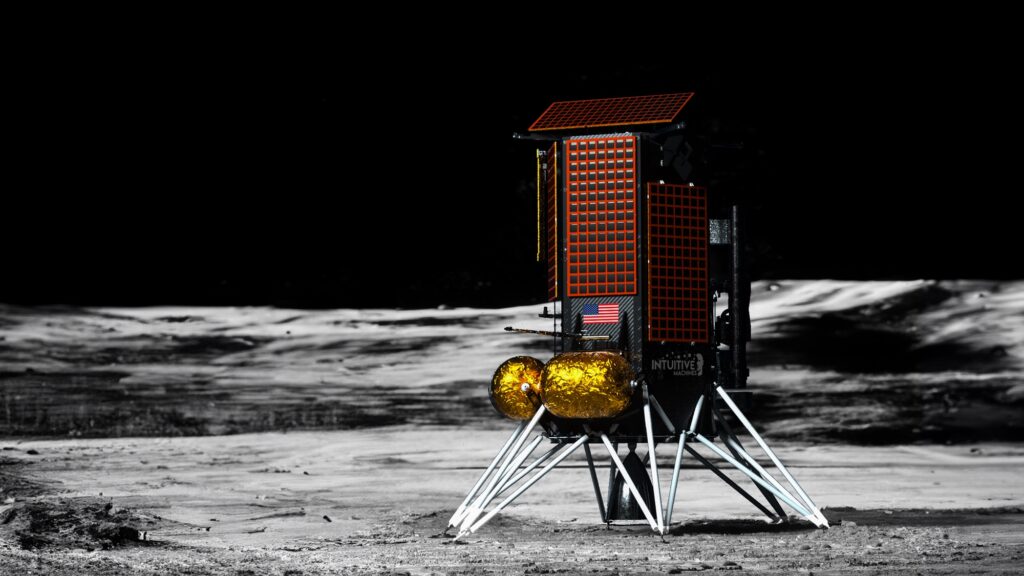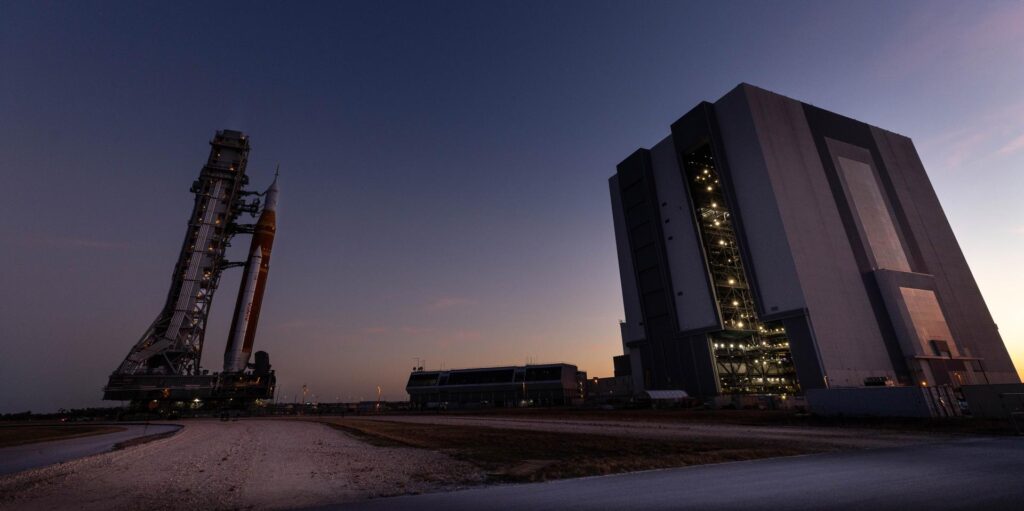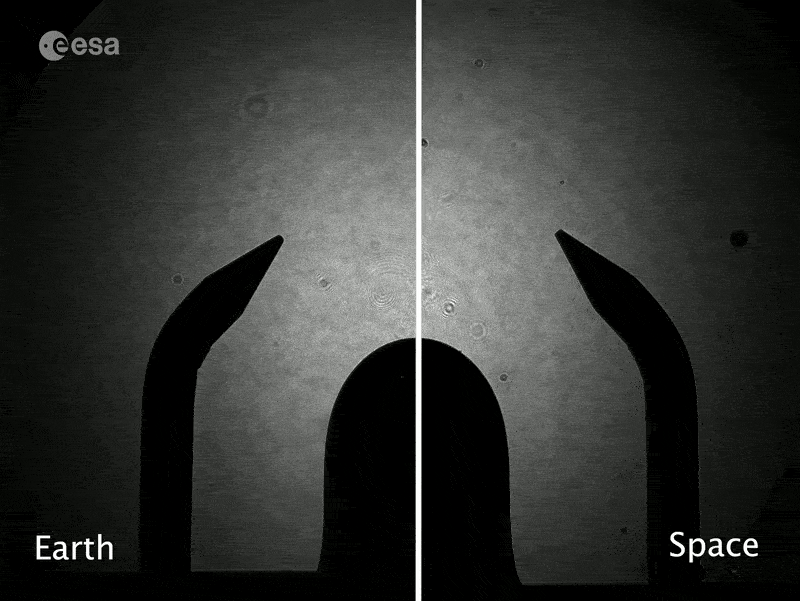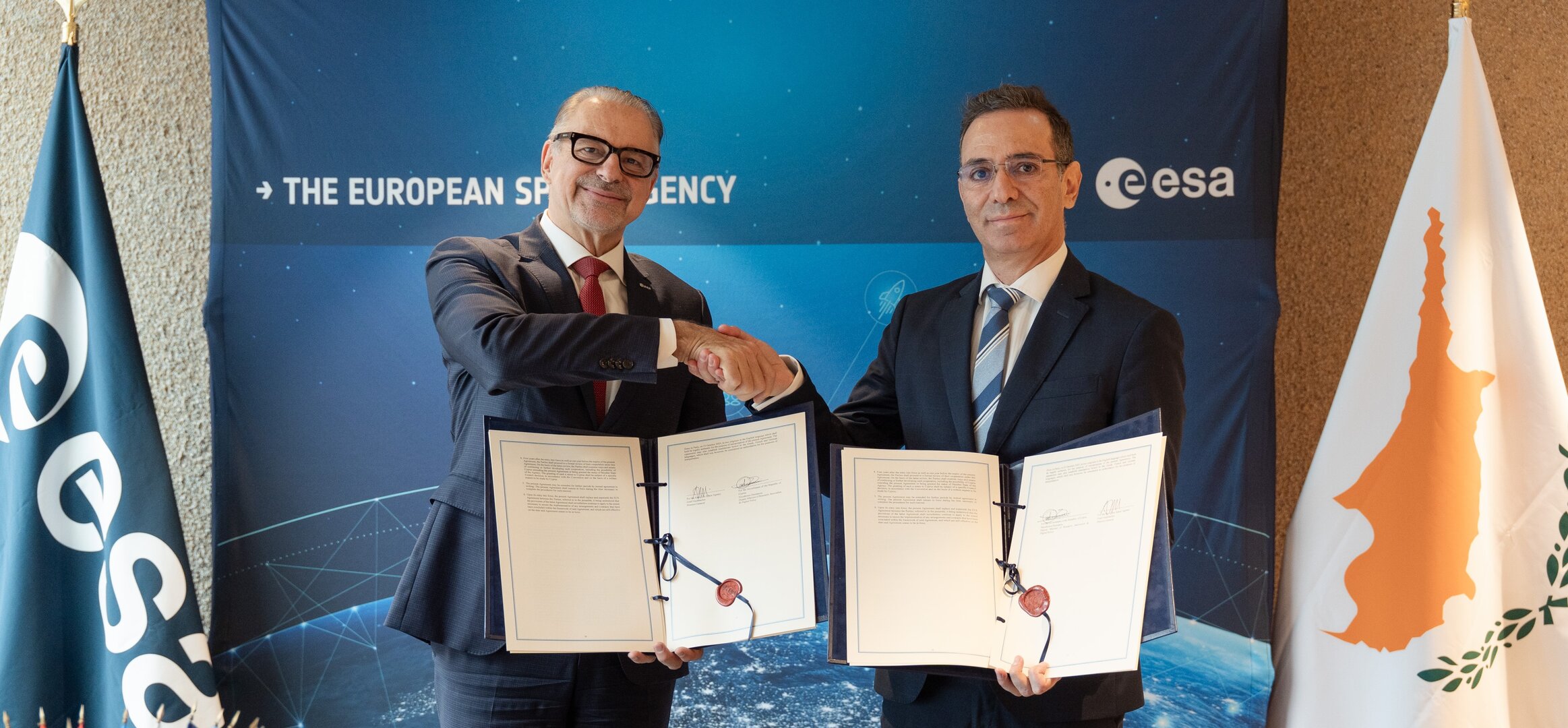Now Reading: Airbus, Leonardo and Thales agree to combine space businesses
-
01
Airbus, Leonardo and Thales agree to combine space businesses
Airbus, Leonardo and Thales agree to combine space businesses
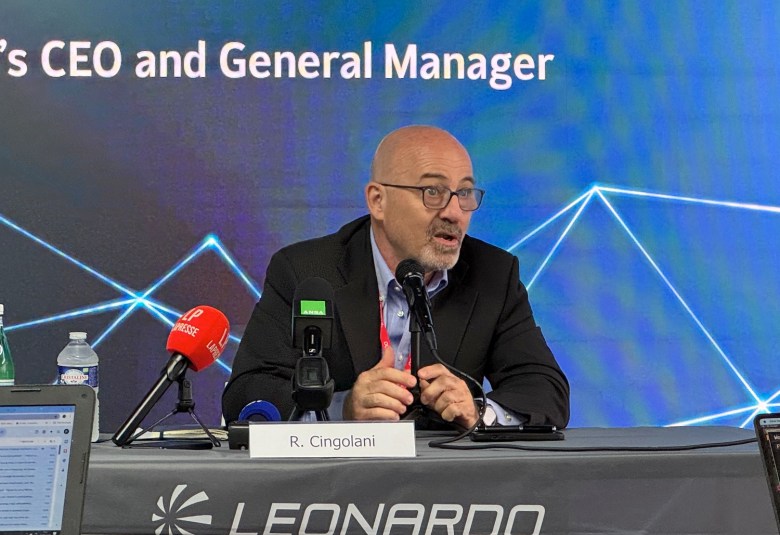
WASHINGTON — Three of Europe’s largest aerospace companies have agreed to combine their space businesses into a new joint venture intended to better compete in the global market.
Airbus, Leonardo and Thales jointly announced Oct. 23 that they had signed a memorandum of understanding (MOU) to create a joint venture that will merge many of their space activities into a single company.
The unnamed company will include the Space Systems and Space Digital businesses from Airbus Defence and Space; the Space Division of Leonardo, including its shares in Telespazio and Thales Alenia Space; and Thales’ shares in Thales Alenia Space, Telespazio and optics company Thales SESO.
The combination would bring together about 25,000 employees across Europe working on satellites and space services. It will not include any launch vehicle activities, such as Airbus’ stake in ArianeGroup.
The new company is projected to generate 6.5 billion euros ($7.5 billion) in annual revenue based on 2024 results, with a backlog representing more than three years of projected sales. Airbus will own 35% of the joint venture, while Leonardo and Thales will each hold 32.5%.
The companies said the joint venture “will accelerate innovation in this strategic market, in order to create a unified, integrated and resilient European space player, with the critical mass to compete globally and grow on the export markets.”
“This proposed new company marks a pivotal milestone for Europe’s space industry. It embodies our shared vision to build a stronger and more competitive European presence in an increasingly dynamic global space market,” said Airbus CEO Guillaume Faury, Leonardo CEO Roberto Cingolani and Thales Chairman and CEO Patrice Caine in a joint statement.
“By pooling our talent, resources, expertise and R&D capabilities, we aim to generate growth, accelerate innovation and deliver greater value to our customers and stakeholders,” they said. “This partnership aligns with the ambitions of European governments to strengthen their industrial and technological assets, ensuring Europe’s autonomy across the strategic space domain and its many applications.”

The companies have been working on a joint venture, internally called Project Bromo, for more than a year. The goal is to consolidate their space operations to achieve the scale needed to better compete globally, particularly with U.S. companies.
“In Europe, if we step back, there is a lot of fragmentation in terms of projects, fragmentation in terms of players as well,” Alain Fauré, head of space systems at Airbus Defence and Space, said during a briefing at the Paris Air Show in June. A combination, he said then, “can have the strengths of the three companies.”
At the air show, executives said they were close to a decision on whether to proceed with the venture. Cingolani said at one briefing that he expected a “go/no-go decision” by the end of July after completing valuation work and assessing “value creation” from the merger.
“I like to say that one plus one plus one should be bigger than three, otherwise we don’t do it,” he said at the time.
However, summer passed without an announcement as the companies reportedly got bogged down in valuation and governance discussions. “I think it’s still worth trying to make a giant of space operations in Europe,” Cingolani said during a July 30 earnings call. “We’re still in due diligence with our friends in Airbus and Thales, and we still try hard to make it.”
Faury said at the Global Aerospace Summit on Sept. 9 that talks were continuing. “We’re still very committed to the project,” he said, noting that due diligence and antitrust preparations were underway.
In the Oct. 23 announcement, the companies said they expect the joint venture to begin operations in 2027, “subject to customary conditions including regulatory clearances.” Executives said in June they anticipate that European antitrust approvals could take up to two years to obtain.
Stay Informed With the Latest & Most Important News
Previous Post
Next Post
Previous Post
Next Post
-
 01Two Black Holes Observed Circling Each Other for the First Time
01Two Black Holes Observed Circling Each Other for the First Time -
 02From Polymerization-Enabled Folding and Assembly to Chemical Evolution: Key Processes for Emergence of Functional Polymers in the Origin of Life
02From Polymerization-Enabled Folding and Assembly to Chemical Evolution: Key Processes for Emergence of Functional Polymers in the Origin of Life -
 03Astronomy 101: From the Sun and Moon to Wormholes and Warp Drive, Key Theories, Discoveries, and Facts about the Universe (The Adams 101 Series)
03Astronomy 101: From the Sun and Moon to Wormholes and Warp Drive, Key Theories, Discoveries, and Facts about the Universe (The Adams 101 Series) -
 04True Anomaly hires former York Space executive as chief operating officer
04True Anomaly hires former York Space executive as chief operating officer -
 05Φsat-2 begins science phase for AI Earth images
05Φsat-2 begins science phase for AI Earth images -
 06Hurricane forecasters are losing 3 key satellites ahead of peak storm season − a meteorologist explains why it matters
06Hurricane forecasters are losing 3 key satellites ahead of peak storm season − a meteorologist explains why it matters -
 07Binary star systems are complex astronomical objects − a new AI approach could pin down their properties quickly
07Binary star systems are complex astronomical objects − a new AI approach could pin down their properties quickly












